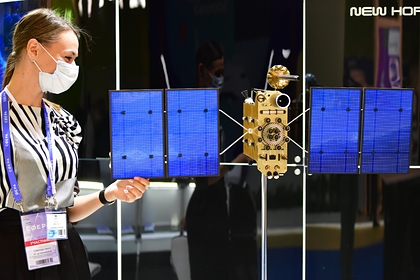In the future, the location error of the Global Navigation Satellite System (GLONASS) can be reduced by 50 times, [...] Roscosmos reports.
According to Vitaly Sernov, head of the department of ground-based navigation and information systems and complexes of Russian Space Systems (RKS), the GLONASS and Global Positioning System (GPS) satellite radio navigation systems " provide a location error within five meters and are suitable for the navigation requirements of a large number of users," however, "the high-precision complex of wide-range functional additions to global navigation satellite systems developed by RKS can significantly increase the efficiency of GLONASS navigation services."
"With its help, the location determination errors are reduced to 0.5 meters and even to 0.1 meters. In addition, navigation support is becoming more reliable, " the specialist said.
According to Roscosmos, the capabilities of this development, based on the differential correction and monitoring system (SDCM), will be demonstrated at the International Aerospace Salon of 2021 (MAKS-2021).
In June, RIA Novosti, citing documents of the state corporation posted on the public procurement website, reported that the planned accuracy of GLONASS after 2030 will be ten centimeters.
In November 2020, a member of the board of the Military-Industrial Commission of Russia, Alexander Ivanov, said that Roscosmos was asking trillions of rubles to be allocated from the state budget for the creation of the Yenisei superheavy rocket, the deployment of the Sphere near-Earth satellite system and the modernization of GLONASS.
Ivan Potapov

